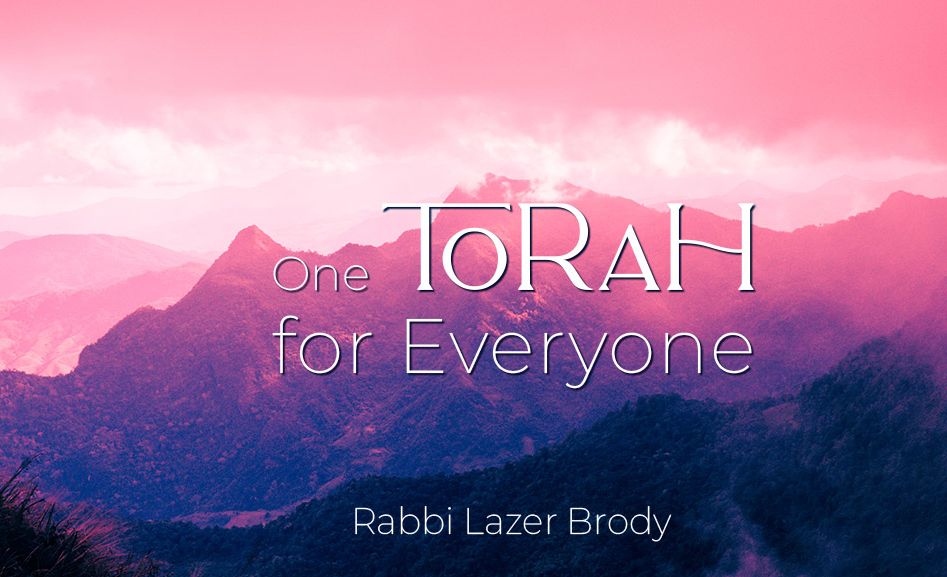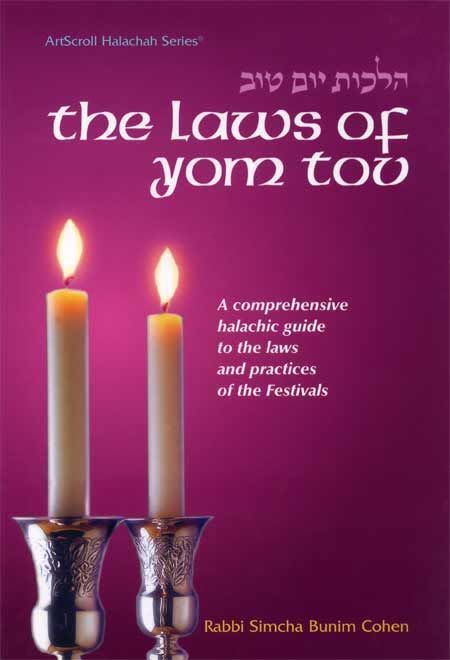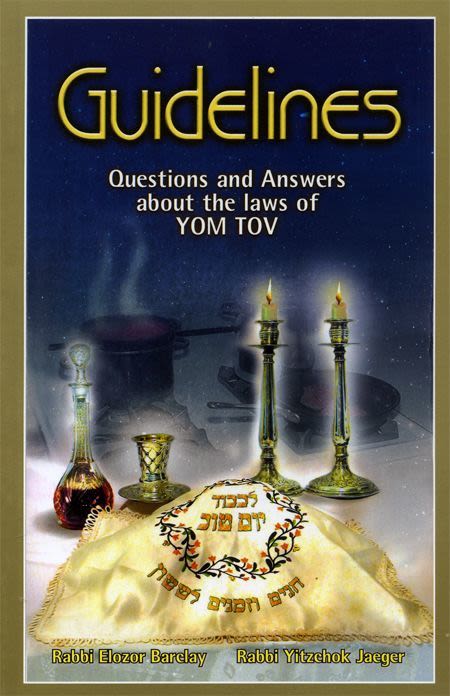
The Eternal Wedding
God grants the Ketubah to each and every one of the Jewish people in a unique manner, that fits him or her perfectly. Hashem turns to each one of us...

God grants the Ketubah to each and every one of the Jewish people in a unique manner, that fits him or her perfectly. Hashem turns to each one of us individually and proclaims: “The Torah is solely for you.”
Building a Loving Relationship
We are all invited to the great event — the magnificent wedding that will take place on Shavuot, the Festival of the Giving of the Torah. It is the wedding of the people of Israel—the bride, and God, King of the Universe—the groom.
It is an invitation from ancient days, a long-standing old invitation that is current each and every year. This wedding canopy and marriage take place each year in the month of Sivan, the time of the Giving of our Holy Torah.
In order for the groom to have a loving connection to his bride, he must know that this is the only woman in the entire world for him, from the moment he has chosen her as his bride. Why? Because from the moment he knows that this is his bride, this is his wife, with whom he shall live until 120, and she is the only one in the world for him— then she is the true match for him, a match from Heaven.
The bride must also keep the conditions demanded of her, for example, she is to be modest (before the wedding, as well, of course, but so much the more so when she becomes a married woman). She also needs to know that her groom is the only one for her; he is her true match, a match from Heaven.
The moment that the couple is aware of this, then, and only then, they can succeed to building a loving relationship. They will succeed in creating the marriage which they promised each other under the wedding canopy. They will be like Adam and Chava in the Garden of Eden, and will merit to be blessed with the blessing that is recited under the wedding canopy: “Gladden the beloved companions as You gladdened Your creature in the Garden of Eden from aforetime.”
In this blessing we ask God that He should gladden the hearts of the young couple as He gladdened Adam and Chava in the Garden of Eden. We offer them our wishes that they will be happy with each other and that each one should see the other as the only partner in the entire world. How does a couple attain marital happiness? Through never comparing their partner to another. Just as Adam and Chava were the only people in the entire world, a couple must be completely devoted to each other, and never compare their partner to another.
The Marriage Between God and the Jewish Nation
On the sixth of Sivan, the day of the Giving of the Torah, the people of Israel walk as a bride to her wedding canopy, and on that day, they receive a Ketubah, a wedding contract, from the King of the Universe. God loves the people of Israel, His bride, with a strong and eternal love, as it is written: “An eternal love You have loved us, O God.” He obligates Himself with this Ketubah to give us all the good in the world, to provide us with a livelihood, to be concerned about us and to love us, just as a groom obligates himself to his bride in the Ketubah document.
The groom—God, loves His bride—the people of Israel, and fulfills all the requirements of the groom. The bride must also love the groom and fulfill her obligations towards Him. But what happens if she strays? What happens if she looks at other things? She is drawn to the physical world; she loves this world, with its false shine and enticements.
How can this true and holy relationship be maintained if the bride is drawn to strange fields? This is not the way to accept the Ketubah contract, which is the holy Torah. Accepting the Torah is not an empty phrase: “They accept the holy Torah,” does not mean that they accepted the book and then shelved it away on a bookshelf. That is not considered to “accept the Torah.”
Accepting the Torah means to learn the Torah! The Torah is relevant to each of us, in a very personal, individual way. God grants the Ketubah to each and every one of the Jewish people in a unique manner, that fits him or her perfectly. Hashem turns to each one of us individually and proclaims: “The Torah is solely for you.”
Finding Ourselves in Torah
We need but look into the Torah to derive the relevant directives for living, as well as the advice and encouragement we need to strengthen and awaken ourselves. The Torah contains the tools to help us cope with difficulties and the challenges we face in our journey through life. The Torah contains mussar to help us discover and repair our faults, and to realize that the Creator is watching over us, both individually as well as over the entire world.
“Then I said, ‘Behold I have come,’ with a scroll of a book written for me. O God, I desired to do Your will and to have Your law within my innards” (Tehillim 40:8-9).
Rebbe Nachman of Breslev says that anytime we study a sefer (be it Mishnah or Gemara) we must find ourselves in it. We need to discover the mussar that applies to us as individuals, as well as the relevant advice that Hashem is showing us though the words of the sefer. This is the “sign that he desires to do Your will,” continues Rebbe Nachman, the sign that the bride fulfills the will of her groom (Likutei Moharan 121).
When we look for this mussar in whatever sefer we learn, it demonstrates that we are seeking closeness to the Creator and that we want to serve Hashem. However, if the learning is for the sake of arrogance, in other words if we just want to sharpen our intellectual abilities and acquire more information, we are not striving to fulfill the Creator’s will. On the contrary, we are only distancing ourselves from our true purpose in life.
Arrogance
Rebbe Nachman is warning us to stay as far away as possible from arrogance, because when a person is arrogant, he believes that his accomplishments are the result of “my power and the might of my hand have made me all this success.” He becomes distant from the truth, from knowing the true, singular reality that God created, directs, and watches over the creation and all of its creatures.
One of my students started a company in the Diaspora (lately there is a branch in Israel) that developed a lock that opens by recognizing the owner’s fingerprints. Someone could purchase such a lock for his front door and set the lock to recognize his entire family’s fingerprints. Since they no longer need to carry keys, they no longer worry about losing their keys and changing the lock.
It is impossible for a stranger to open the lock because each individual has a unique fingerprint! What incredible Divine providence! Hashem created each person as a unique individual, different from anyone else.
Rebbe Nachman warns us so strongly against arrogance because arrogance causes a person to become distant from Hashem. An arrogant person is incapable of seeing the wonders of the creation, and the wonders of the Creator.
Two hundred years ago, Rebbe Nachman of Breslev said that God does not make the same thing twice. Each individual is unique. There has never been and there will never be two people who are exactly alike. Each creation is individual – different from anything or anyone else in the entire universe.
Constant Renewal
Divine Providence insures that no two creatures will be the same because, in His overwhelming goodness, God renews the act of creation each and every day.
This can be illustrated with an example. When we make a bracha, blessing, on the fruit of a tree, we say: “Who creates the fruit of the tree”—using the present tense of the verb. We do not say: “Who created the fruit of the tree”—in the past tense, because the Creator renews the act of creation every day in His goodness. We do not make the bracha on a fruit that was created during the six days of creation, rather, we bless on the fruit that was created as a result of the renewal of the act of creation.
How do we eradicate arrogance, so we can achieve a deep relationship with our Creator?
Rebbe Nachman of Breslov writes that there are those who think that the world must exist, but they are mistaken. God alone must exist, while the world has only a “possibility” of existence, because God could choose to create it or he could choose not to create it. Now, however, that the Jewish people exist, the world, too, must exist, because the entire world was created for the sake of the people of Israel. (Likutei Moharan 52).
God created the world for the sake of the people of Israel! We are the purpose of the entire creation! Therefore, it is up to us to discover our purpose in being created.
“The main reason He created the world for the people of Israel is so they will do His will, and cling to their root. This means they should return and be included in Him, for He necessitates all of existence, and for this purpose all was created” (Ibid.)
How do we merit to be connected to and included in God?
“This is possible only by the means of bitul, self-negation. One must negate himself completely, until he will be included in the Oneness of God” (Ibid.).
This means we must find our lowliness and faults “in the sefer written about me.”
What prevents a person from being included in his Creator? Why can’t he negate himself completely until he is included in His Creator? Arrogance! It is only the “Me” and “My power and the might of my hands” that prevents a person from being connected to the Almighty. Only arrogance can stop a person from seeing that the wonders of this world are guided by God’s hand!
“By means of arrogance a man’s heart and eyes are closed from seeing the wonders of Hashem and from fearing Him” (Sefer HaMidot).
Bitul
The entire creation is filled with the wonders of Hashem, but arrogance closes one’s heart and the eyes from perceiving it. “Someone with arrogance will not be privileged to understand that God rules over everything.” Only when we negate ourselves, which means that we humble ourselves and destroy our arrogance, will we be capable of perceiving these wonders and realizing that there is a “Master of the castle.” There is One Who watches over us! There is a Creator of the world!
How do we obliterate our arrogance? “By means of faith one will have the power to break arrogance” (Ibid.) Through faith, we prepare a vessel to accept all the Divine Influence, as it is written: “A man of faith has many blessings.”
How do we achieve this level of faith, which leads to bitul? “It is only possible to come to bitul by means of Hitbodedut. When one isolates himself and converses with his Creator, he negates all physical desires and negative character traits, until he actually negates all of his materialistic tendencies and becomes included in his root.”
Rebbe Nachman adds: “When one isolates himself and converses with his Creator, and turns his heart away from all the occupations of this world in order to merit the aspect of bitul, then he merits that his soul will be included in the One Who necessitates all of existence, as mentioned above, and all the worlds will be included in his soul in the One Who necessitates all of existence” (Ibid.).
It is with words of prayer, appeasement, appreciation, and thanks to the Creator for all that He, and He alone, allows us to achieve this bitul. Yes, it takes a lot of effort and time, but in the end we merit to be included in our root, to develop a true relationship with the Creator.
Preparing for the Wedding
This is how the bride should prepare herself for her wedding day—in humility and modesty, and with a strong desire to create a true and everlasting relationship with her Groom, the King of kings. She should willingly accept the Ketubah that He prepared for her. Every Jew walks to his own personal wedding with the Creator and accepts the Torah. We shouldn’t just accept God’s Ketubah – rather, we should learn our personal mussar from it, as Rebbe Nachman said, “This means he should derive mussar for himself and see his lowliness and faults in every place and in every sefer. This is a sign that he desires to fulfill the will of Hashem, may He be blessed.”
May Hashem grant the privilege to each and every one us, the people of Israel, to walk to the wedding canopy and accept the Ketubah—the holy Torah—and to discover the unique and private mussar that is directed to each of us, individually. May each and every one of us come to understand what we must do, as unique individuals, to negate our arrogance and be included in our root—our Father in Heaven. May we merit to achieve our full tikkun speedily and in our days. Amen.











Tell us what you think!
Thank you for your comment!
It will be published after approval by the Editor.